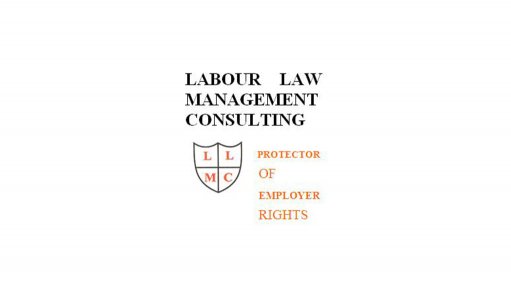
Section 6 of the Employment Equity Act (EEA) prohibits unfair discrimination against an employee on arbitrary grounds including race, age, disability, sex and many others.
In the case of IMATU and another vs The City of Cape Town (2005, 11 BLLR 1084) a law enforcement officer working for the city council applied to be transferred to its fire fighting unit. He was turned down because it was believed that his diabetes could be dangerous to himself and others.
The court held that the employer had the onus of proving that its policy of a blanket ban on insulin dependent diabetics was not discriminatory. However, the employer was unable to provide such proof. The Court held further that the employee’s condition did not constitute a disability for purposes of the EEA. The Court also held that the employee’s dignity had been negatively affected which gave rise to unfair discrimination. The employer was also unable to persuade the Court that its policy against diabetes sufferers was based on inherent requirements of the job.
The Court concluded that the employer’s policy generalized unnecessarily and unfairly as testing of diabetes sufferers should establish on an individual basis whether they are fit for certain jobs.
The outcome of the City of Cape Town case has significance in a number of areas; viz:
- The labour law is highly protective of employees
- What is fair or unfair is open to the interpretation of court judges
- Policies that make generalizations about groups of people are in danger of being ruled unfair especially if such generalizations cannot be substantiated
- Above all, even if the type of alleged unfair discrimination is not one listed in the EEA the Courts have given themselves jurisdiction to rule on them. This suggests that any act of discrimination, if it is arbitrary and/or if it negatively affects the dignity of the employee, may well adjudged to be unfair
Employers are therefore strongly advised to engage the services of their most expert labour law specialist in order to:
Review all their human resources and industrial relations policies in the interests of checking for generalizations, unwarranted assumptions and discriminatory aspects. This applies regardless of whether or not such discrimination appears to be for the good of employees, for the sake of safety, affirmative action or for reasons of inherent requirements of the job.
Assess a variety of workplace issues that may require decisions that are practical yet have to comply with labour law. Due to the fact that labour law protections of employees are so broad and so open to judicial interpretation employers need to get expert advice before making any decision that could affect employees directly or indirectly.
Ensure that all managers and other decision makers are trained in the endless hidden dangers for employers arising in labour law.
Losing unfair discrimination cases in court is not only financially costly but damage to the employer’s reputation and industrial relations can have an even worse effect on the employer’s market position, bottom line and long-term viability.
To buy our e-book WALKING THE NEW LABOUR LAW TIGHTROPE please contact Ivan via ivan@labourlawadvice.co.za or 0828522973.
Written by Ivan Israelstam, Chief Executive of Labour Law Management Consulting. He may be contacted on (011) 888-7944 or 0828522973 or via e-mail.